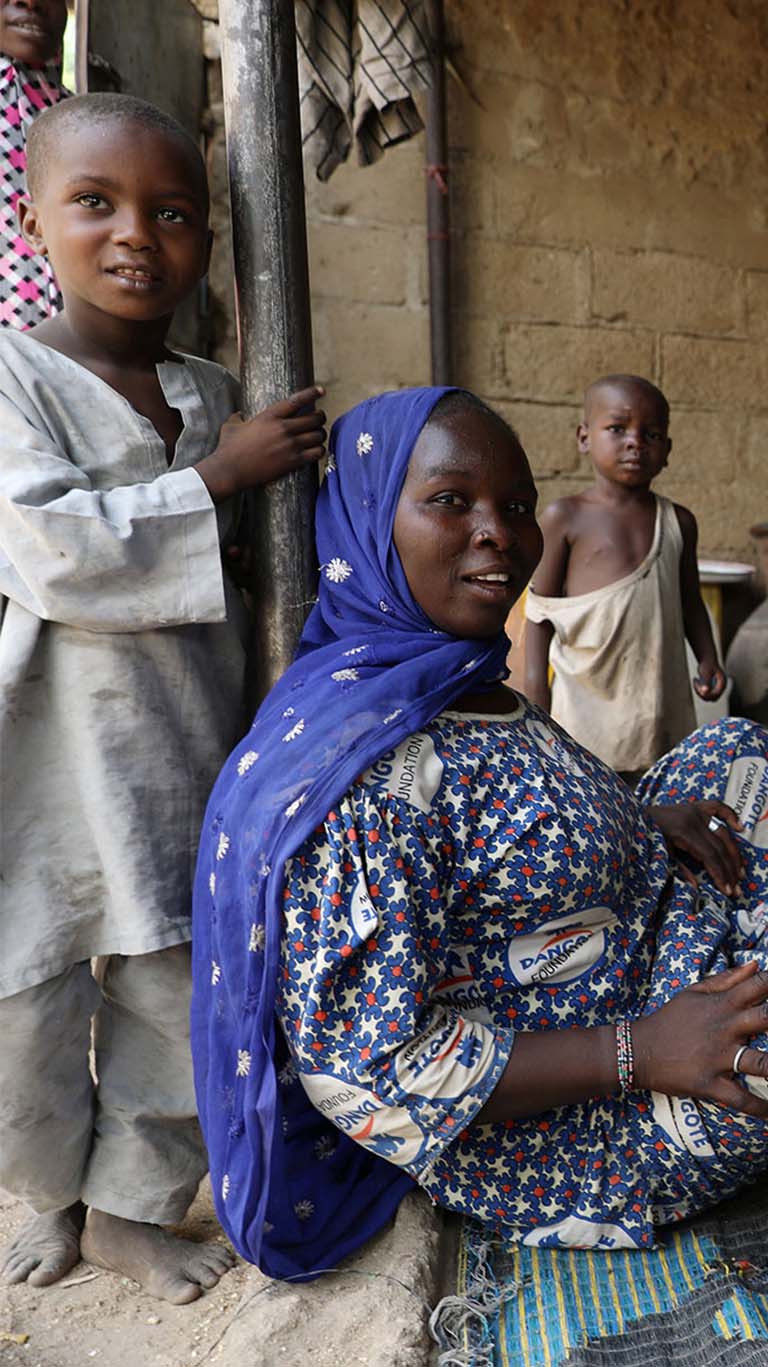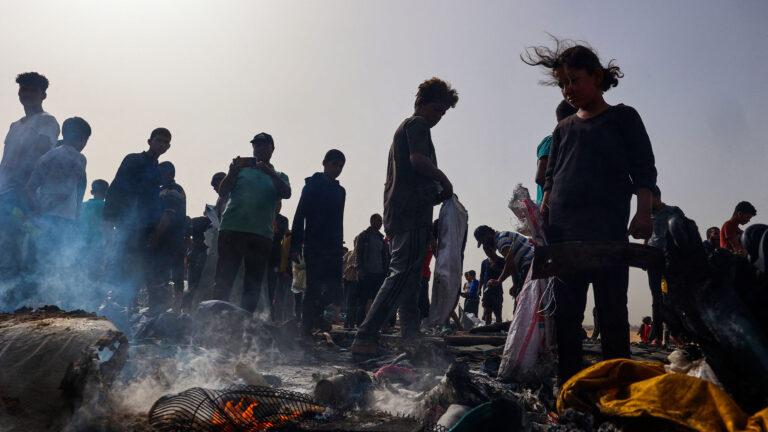JE DÉCOUVRE LE DON MENSUEL
JE DÉCOUVRE LE DON MENSUEL
JE DÉCOUVRE LE DON MENSUEL
JE DÉCOUVRE LE DON MENSUEL
JE DÉCOUVRE LE DON MENSUEL
JE DÉCOUVRE LE DON MENSUEL
JE DÉCOUVRE LE DON MENSUEL
JE DÉCOUVRE LE DON MENSUEL
JE DÉCOUVRE LE DON MENSUEL
JE DÉCOUVRE LE DON MENSUEL
JE DÉCOUVRE LE DON MENSUEL
JE DÉCOUVRE LE DON MENSUEL
JE DÉCOUVRE LE DON MENSUEL
JE DÉCOUVRE LE DON MENSUEL
JE DÉCOUVRE LE DON MENSUEL
JE DÉCOUVRE LE DON MENSUEL
JE DÉCOUVRE LE DON MENSUEL
JE DÉCOUVRE LE DON MENSUEL
JE DÉCOUVRE LE DON MENSUEL
JE DÉCOUVRE LE DON MENSUEL
JE DÉCOUVRE LE DON MENSUEL

Nigeria : access to services for gender-based violence survivors in crisis settings
This reports results from a study analysing the factors affecting delays in accessing services for gender-based violence survivors in Borno State, Nigeria.
The violent conflict and insurgency in North-East Nigeria have resulted in an estimated 7.7 million people requiring humanitarian assistance and protection in Borno, Adamawa and Yobe States. As at May 2019, there were about 2 million internally displaced persons and 80% of them were women and children. The insurgency has resulted in mass abductions, survival sex, forced prostitution, forced and early marriage, physical, mental and sexual assault. In 2019 alone, about 3 million people were estimated to be in need of protection from sexual and gender-based violence (SGBV) in North-East Nigeria.
The context of SGBV in North-Eastern Nigeria is poorly understood and evidence-based strategies for addressing medical and psychosocial recovery needs of SGBV survivors are urgently needed. Lack of awareness about available services, stigma and lack of self-efficacy to initiate conversations about rape with health providers are some factors that can limit uptake of medical and psychosocial support services.
This study documented the barriers to access to medical and psycho-social services for SGBV survivors in Borno state, Nigeria especially within the critical 72/120-hour window for clinical management of rape and make recommendations for developing interventions to address the primary and secondary prevention needs of vulnerable groups to SGBV.













